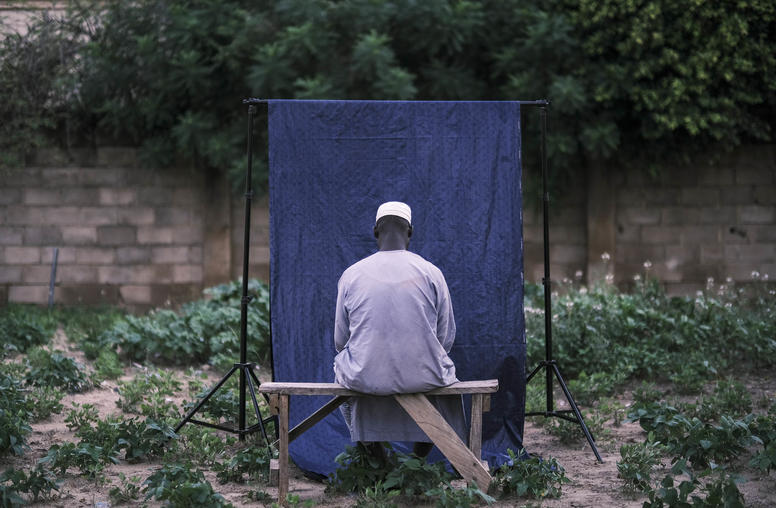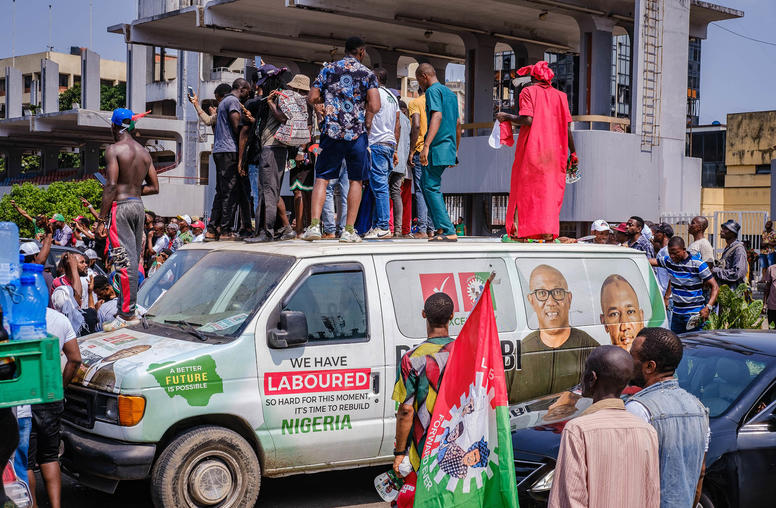USIP, through its Grant Program and other units, has a long history of working on the ground to build the capacity of women to address conflicts in their communities. These activities are consistent with the Institute's goal of building the capacity of local peacemakers worldwide, as part of its broader mission to help prevent violent conflict and promote peacebuilding.
The goal of building the capacity of local peacemakers is of particular importance in the Niger Delta region of Nigeria, where local conflict can rapidly escalate to violence. In the past, this violence has caused significant damage to the oil installations which supply roughly ten percent of US oil imports.
After decades of conflict, a recent amnesty program offered to militants in the region by the Nigerian government is credited with reducing violence and attacks on oil infrastructure. The root causes of the violence, however, remain unaddressed, and many fear that militant groups will return to violence if more far-reaching change is not achieved.
In the Delta, women are well-placed to act as agents of change and lead efforts to restore peace and security. In most cases, however, women lack the skills and the confidence to play such a role. With USIP support, the IANSA Women’s Network-Nigeria, is working to change this.
IANSA’s initiative is innovative in its sustained and integrated capacity building. The project combined training with an immersion and mentoring program in which rural women come to live with women in the cities and are mentored by them in social change. It then held advocacy visits and community forums with key policymakers in order to provide opportunities for the woman to practice and build confidence in their ability to successfully engage with policymakers. In each of the three states the project was implemented, Delta, Edo, and Rivers, the participants have formed the “Mothers for Peace” network to allow continued collective action.
Based on the survey work done by IANSA, key achievements of the project include increased confidence in initiating and sustaining peacemaking processes, demystifying the process of paying advocacy visits to policymakers, and increasing the support of men in the communities for women playing a role in peacemaking processes.
Experience in Nigeria, in Africa, and throughout the world has shown that if provided the right opportunities, women are exceedingly effective peacemakers. In the Niger Delta, the holistic model developed by IANSA has prepared women to be more effective peacemakers, and as importantly, has prepared the women’s communities to accept this role.



